The Lord of the Rings leaves little doubt that Gandalf, Saruman and the story’s other wizards are a step below Sauron in terms of power. This can be seen in how Gandalf speaks of the Dark Lord with a certain degree of fear, in how Gandalf fares in battle against lesser villains, and in how Saruman would rather betray Sauron in secret than pitch Isengard against Mordor directly.
But this is strange indeed. Sauron and the wizards all ultimately belong to the same order. They are maia, primordial beings that exist above elves but below the superior order of Valar in The Lord of the Rings‘ social hierarchy. While each maia is unique, it stands to reason that their power levels should be at least broadly similar, rather than the gulf seen between Sauron and the others.
The Wizards’ Power Was Limited But Sauron’s Was Not
When Sauron first betrayed his kind and sided with the evil Morgoth, he simply left Valinor – the same place Frodo retreats to in The Lord of the Rings‘ ending – and settled permanently in Middle-earth. Sauron took all of his power and divine abilities with him, so the villain who ravaged elves and men during the Second and Third Ages was exactly the same being who lived among the other maia thousands of years prior.
The wizards, on the other hand, came to Middle-earth via a very different process. When it was decided that some of the maia should probably help sort out the Sauron situation, five were chosen for the mission. The Istari (wizards) rocked up at the Grey Havens with only vague memories of their eons spent as maia of Valinor.
More importantly, their true strength had been made unavailable to them. After defeating Morgoth at the end of the First Age, the Valar stepped back from interfering with Middle-earth’s drama, so the decision to send the Istari was only made with certain caveats. Firstly, none of the wizards could oppose Sauron directly, and would merely guide the inhabitants of Middle-earth to achieve victory on their own. Secondly, the wizards were prohibited from unleashing the full extent of their maia power.
Sauron, of course, had no such limitations, having broken free from the other maia long before. That freedom, however, is only one reason Sauron could out-muscle his staff-wielding counterparts in Middle-earth.
Sauron Was Already A Step Above The Wizards Before The Lord Of The Rings
J.R.R. Tolkien leaves the specific gifts of the maia ambiguous in his mythology, and despite mentioning Sauron as among the most powerful, the author avoids directly ranking them in order of strength. Nevertheless, Tolkien’s writings do contain clues that suggest Sauron would still demolish the wizards even if their true forms were fully unveiled.
When the Istari were being formed in The Lord of the Rings, Gandalf – then known as Olórin – was personally chosen by Manwë, king of the Valar. Olórin initially refused the request on the basis that Sauron was impossible to defeat, highlighting an inequity between them.
Furthermore, Letter #183 sees Tolkien describe Sauron as “of the same kind as Gandalf and Saruman but of a far higher order.” The phrase “far higher order” immediately implies that the Maiar had subdivisions, and Sauron outranked the future wizards.
That isn’t to say Sauron was necessarily the strongest maia. That honor would likely fall to Eönwë, who served directly under Manwë. But the wizards were chosen on qualities such as intelligence, spirit, wisdom and knowledge, not outright strength. Even at full-throttle, the likes of Gandalf and Saruman were never supposed to match Sauron blow-for-blow.
Sauron Became More Powerful During His Time In Middle-earth
Traditionally, maia did not seek to increase their physical and magical prowess. Sauron, however, did, and during the thousands of years he spent in Middle-earth, the Dark Lord achieved just that.
One could point out the armies at his disposal and the fearsome minions he commanded as proof that Sauron consolidated his position as a superior maia during the Second and Third Ages, but the One Ring remains by far his crowning achievement.
Through a blend of craftsmanship, sorcery and sacrifice, Sauron created an object that both magnified his already significant powers and afforded him new ones, such as the domination of lesser minds. Whereas the other maia were learning about trees and whispering to elves and whatnot, Sauron was honing his strength, peaking with the creation of the One Ring. No other maia experienced such a huge elevation in The Lord of the Rings.
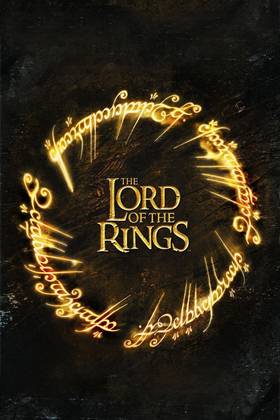
- Created by
-
J.R.R. Tolkien
- Cast
-
Norman Bird, Anthony Daniels, Elijah Wood, Ian McKellen, Liv Tyler, Viggo Mortensen, Sean Astin, Cate Blanchett, John Rhys-Davies, Billy Boyd, Dominic Monaghan, Orlando Bloom, Christopher Lee, Hugo Weaving, Sean Bean, Ian Holm, Andy Serkis, Brad Dourif, Karl Urban, Martin Freeman, Richard Armitage, James Nesbitt, Ken Stott, Benedict Cumberbatch, Evangeline Lilly, Lee Pace, Luke Evans, Morfydd Clark, Mike Wood, Ismael Cruz Cordova, Charlie Vickers, Markella Kavenagh, Megan Richards, Sara Zwangobani, Daniel Weyman, Cynthia Addai-Robinson, Lenny Henry, Brian Cox, Shaun Dooley, Miranda Otto, Bilal Hasna, Benjamin Wainwright, Luke Pasqualino, Christopher Guard, William Squire, Michael Scholes, John Hurt
- Character(s)
-
Frodo Baggins, Gandalf, Legolas, Boromir, Sauron, Gollum, Samwise Gamgee, Pippin Took, Celeborn, Aragorn, Galadriel, Bilbo Baggins, Saruman, Aldor, Wormtongue, Thorin Oakenshield, Balin Dwalin, Bifur, Bofur, Bombur, Fili, Kili, Oin, Gloin, Nori, Dori, Ori, Tauriel, King Thranduil, Smaug, Radagast, Arondir, Nori Brandyfoot, Poppy Proudfellow, Marigold Brandyfoot, Queen Regent Míriel, Sadoc Burrows
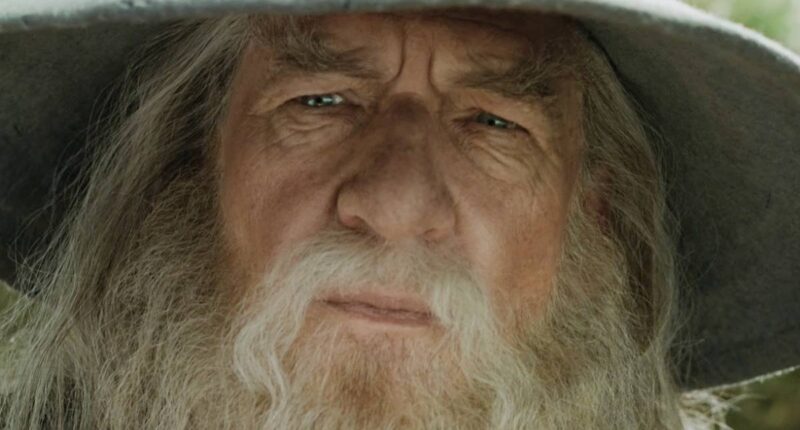

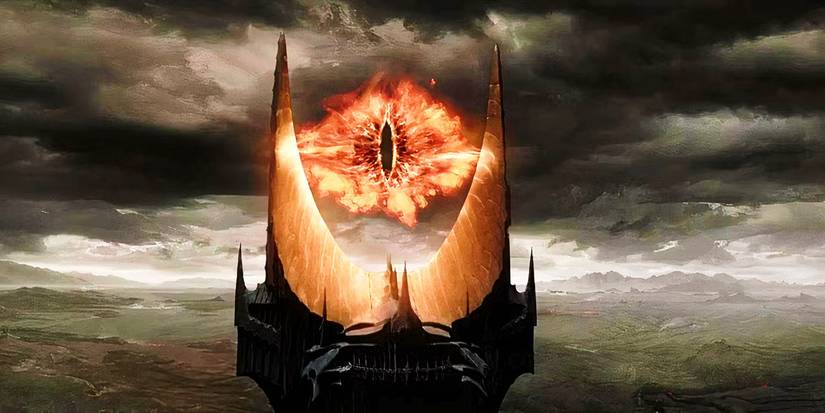
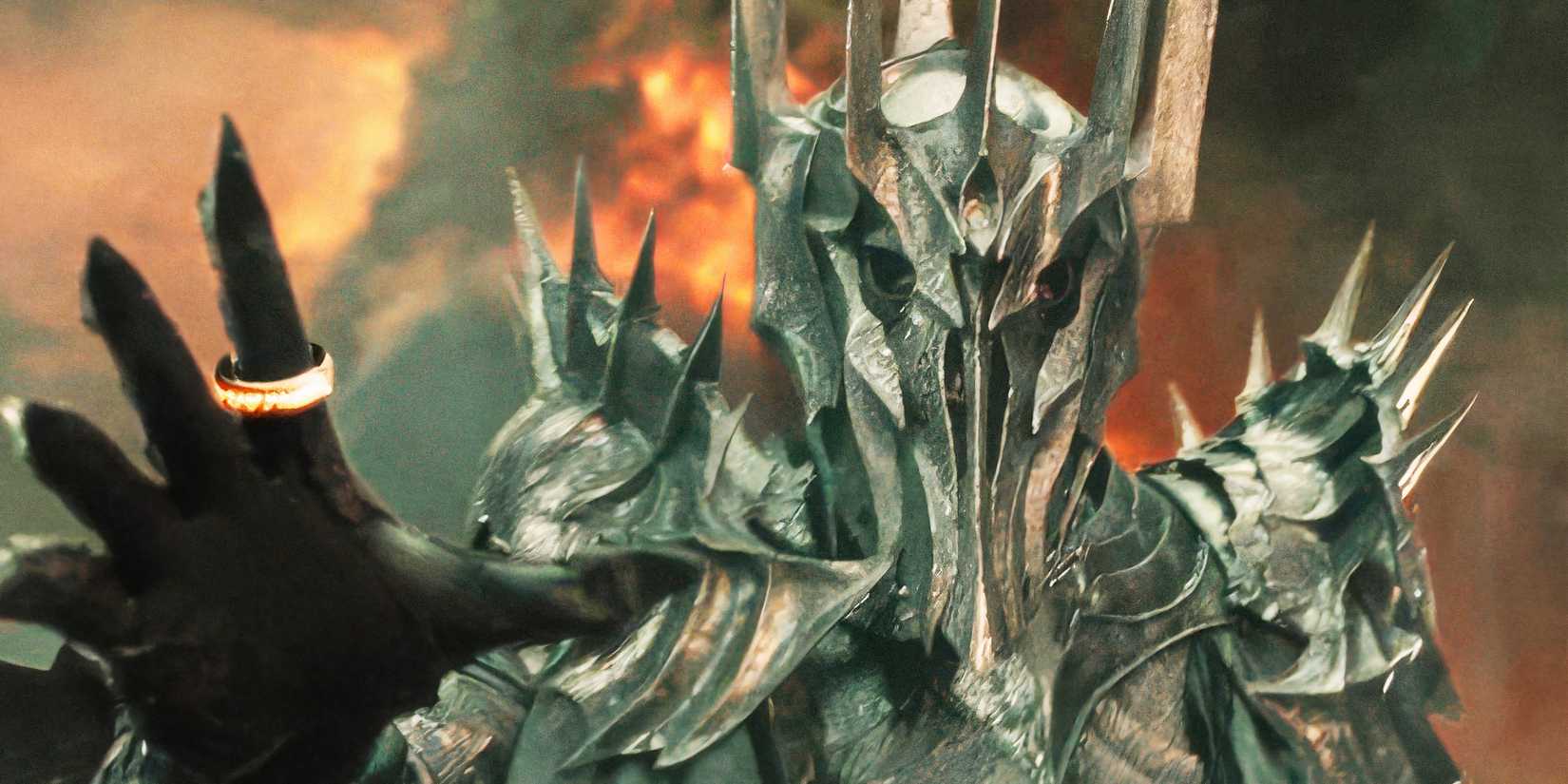
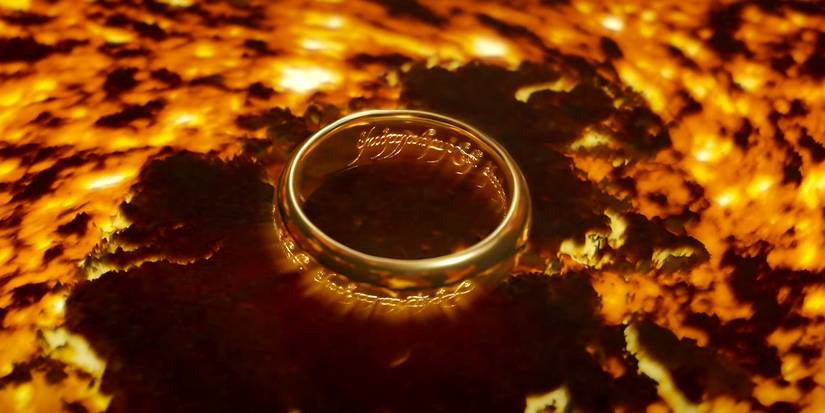
![Sheamus Hails the Positive Changes at the Top of WWE That Will Prolong His Career [Exclusive]](https://citigist.com/wp-content/uploads/2025/01/Sheamus-Hails-the-Positive-Changes-at-the-Top-of-WWE-380x200.jpg)





